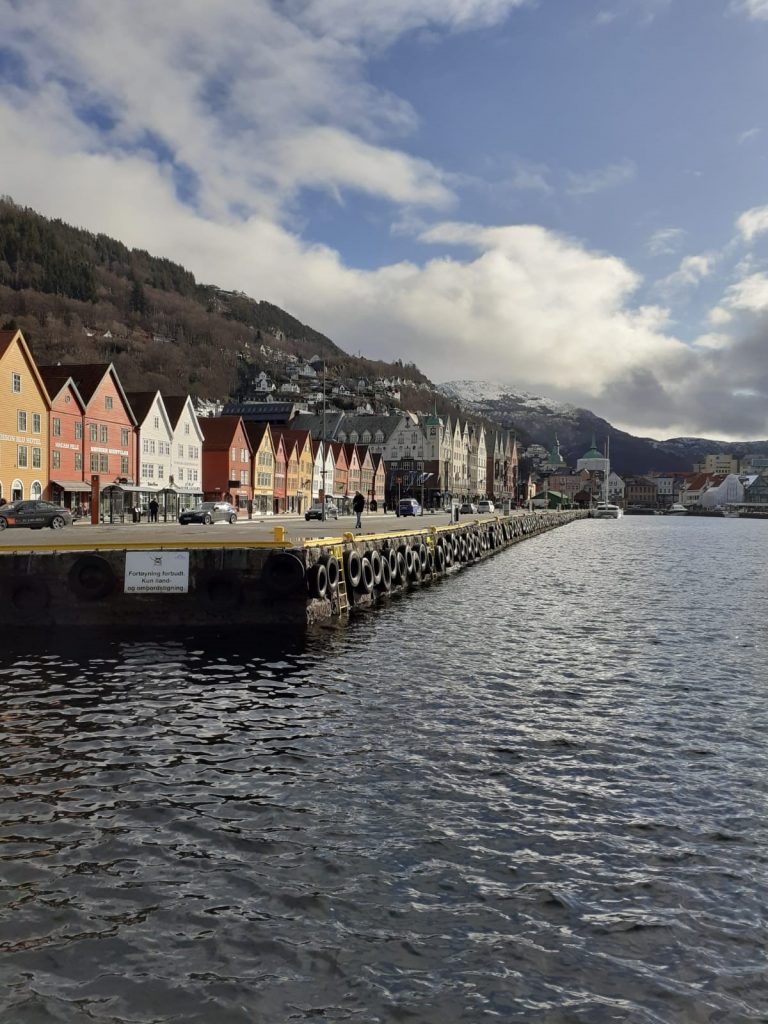The UK’s new status as an independent coastal state was widely recognised at a recent seminar held at the North Atlantic Seafood Conference in Bergen. An audience of invited guests heard from a panel which included representatives from the Norwegian, Faeroese and Danish pelagic organisations along with the NFFO. The seminar was organised by Norge Sildesalgslag.
Although the terms of the UK’s future relationship with the EU is still being thrashed out in negotiations that began in Brussels this week, there seemed to be broad acceptance in the room that beginning in 2021, the UK will not only be an independent coastal state, but will be a major player in its own right in the pelagic fisheries for mackerel, blue whiting and atlanto-scandian herring.
At present a stalemate exists between Norway, Faroes, the EU, Iceland and Greenland on their respective shares of mackerel, as the migration patterns have shifted in recent years, and new players have elbowed their way into the fishery. There are concerns that the total out-take exceeds scientific advice and the fishery is about to lose its marine stewardship council status as a result. That the stocks have remained robust under this increased pressure, says something about the difficulties in assessing this widely distributed stock.
There is no sign that the deadlock will end anytime soon. Several participants in the conference wondered whether the arrival of the UK as a major independent player could break the stalemate that has eluded agreement and therefore cooperative management of the stock.
NFFO
The NFFO explained that the UK could be expected to behave like any other coastal state when it takes place in annual coastal state negotiations. It would give equal priority to management measures that deliver sustainable fisheries in the long term – along with the pursuit of its own interests. All negotiations require compromise, but it is already clear that the UK will negotiate robustly on its own behalf. Given that a significant part of the most profitable pelagic fisheries, notably for mackerel and blue whiting, take place within the UK EEZ, the United Kingdom begins with a very strong negotiating hand. That said, the new coastal state will be looking to make strategic alliances with those other coastal states whose interests are aligned with those of the UK.
Access could be granted to fish in UK waters – but only where that brings proportionate benefits to the UK.
Summary
The big players in the North Atlantic pelagic fisheries are preparing for the UK’s arrival as an independent coastal state. With significant fisheries resources in its waters, a big market for fisheries products, and diplomatic clout, the UK will be a force to be reckoned with. Eyes are inevitably on the negotiations which began in Brussels this week at present, but no one in the room seemed to doubt that the UK would emerge as a major player with significant influence in the pelagic world. The corollary must be that the EU will be a weaker force and will have to adjust to the new circumstances.

